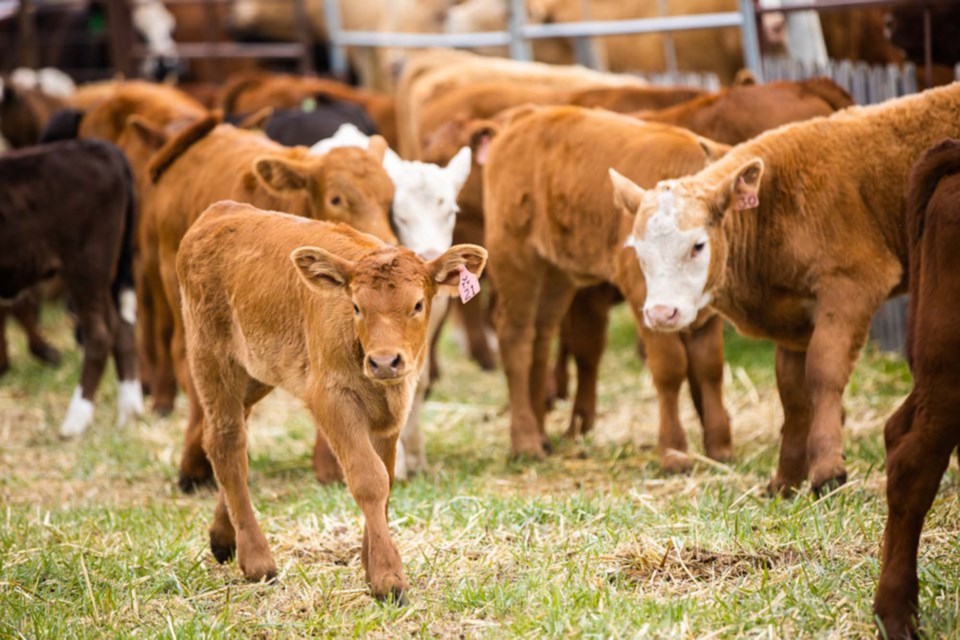The province is short hundreds of veterinarians and new provincial money is aimed at producing more animal experts in Alberta.
In the 2022 Alberta budget released in February the province allocated $59 million over three years to expand the veterinary medicine school at the University of Calgary, which is much needed, said a spokesperson for the Alberta Veterinary Medical Association.
Pat Burrage, the past president of the veterinary association and a 30-plus-year veterinarian in the province, said the entire world is facing a vet shortage, which includes Alberta.
“Globally there are no veterinarians available. There is less than two per cent unemployment for veterinarians in the entire world,” Burrage said.
In Alberta around 10 per cent of the new vets come from international vet schools every year, Burrage said, but with a global shortage the province needs to ramp up training their own veterinarians.
Right now only 50 such students graduate from the U of C every year, which is the only veterinary school in the province.
As of 2019, the province had 2,000 registered vets, with 370 vacancies needing to be filled, which works out to a nearly 19-per-cent vacancy rate. Alberta is also facing a shortage of veterinary technologists, with some 480 vacancies in the profession, and Burrage said there are fewer vet techs in the province than vets.
But calculating the vacancy rate is difficult, said the expert, because many businesses have given up on finding staff.
“It's a difficult number to really get the true meaning of because a lot of the veterinary practices have sort of just stopped advertising because nobody's answering the advertisements,” Burrage said.
When vet students are nearing the end of their education, Burrage said most of them will have jobs by Christmas and anyone who wants to work will have a position by April.
“That's how desperate things are and it’s kind of tough,” Burrage said.
The 32-year vet said he wants to retire, but doesn’t have anybody to take over the work out of his office in Lethbridge.
Burrage worked in central Alberta near Ponoka for years and eventually sold his practice to retire, but in January 2019 he got a call from a colleague in southern Alberta who asked him to help in Lethbridge. The vet is still working because there isn’t anybody to take over the work.
Right now the office is currently recruiting and is trying to hire a summer student who is in their fourth year of animal sciences at the University of Lethbridge, who intends to go to vet school. The hope is when she is done vet school in four years she will come back and work at the clinic, Burrage said.
In the past there was only a shortage of vets in rural practices, but now urban practices are having trouble finding staff to fill jobs, too.
Often vets will get trained and then go back to the same kind of communities they came from.
“If you originate from a rural community or you originate from Western Canada, you generally gravitate back there,” Burrage said.
The northeast part of the province has always been underserved, Burrage said, but in his clinic in Lethbridge, where thy do feedlot and cow-calf work, some of their clients are an hour-and-a-half away.
President of the Rural Municipalities of Alberta, Paul McLauchlin, said the vet shortage in the province is a serious issue.
“We’re in a crisis, especially large animal, it’s a big deal,” McLauchlin said.
The province is facing a shortage of vets who take care of large animals, McLauchlin said, because it is more of a lifestyle than a job.
“There is a tremendous shortage,” McLauchlin said.
“Access to veterinarian care is at a crisis right now.”



